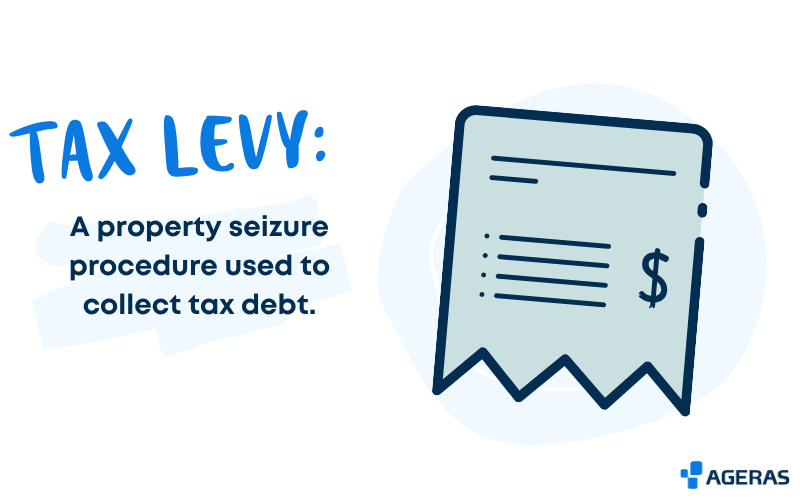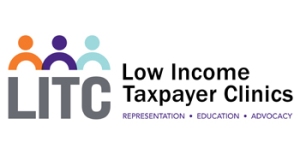IRS Has Restarted Its Automated Levy Programs
What you need to expect, know, and do
This article was originally posted on the Low Income Taxpayer Clinic Toolkit, and is being reposted by Taxability. We all want taxpayers to be as prepared as possible as normal IRS enforced collection practices begin to resume in the wake of the pandemic.
Please reach out to us at Indiana Legal Services LITC (taxclinic@ilsi.net) if you’ve received an IRS letter in the mail. These letters can be difficult to understand, and the IRS can be complicated to navigate on your own. Let us help you!
For now, read the broad overview below that was shared with our clinic, and keep checking back here for any updates.
IRS has restarted the Automated Levy Program in coordination with state agencies
What does this mean for taxpayers?
If you have a tax debt, this means the IRS may take your property (such as funds from a bank account, Social Security benefits, wages, your car, or your home). Thus, taxpayers who owe may soon be looking for help after they get a pre-levy or post-levy Collection Due Process (CDP) notice from the IRS. Recall that a levy is a legal seizure of one’s property or assets.

Will I be notified the IRS is going to seize my property or assets?
Yes, the IRS will resume mailing pre-levy and post-levy CDP notices in early August. However, due to the pandemic, there are some problems. One, there have been delays in the delivery of mail. Two, many taxpayers have moved, and the IRS may not have their latest address. This means the IRS may mail a levy notice to a wrong address if the taxpayer hasn’t provided a new one to the IRS.
What if I don’t respond?
The IRS will use a levy to satisfy a tax debt when taxpayers don’t respond to notices informing them of the debt and asking for payment.
For more detailed technical information please see the Automated Levy Programs in IRM 5.19.9.
As you can see, it is important to stay vigilant and keep an eye out for any CDPs from the IRS this summer. Due to pandemic-related delays, the collection process is less foolproof, thus keeping informed is key to avoiding trouble with the IRS.
Low Income Taxpayer Clinics
Indiana Legal Services


